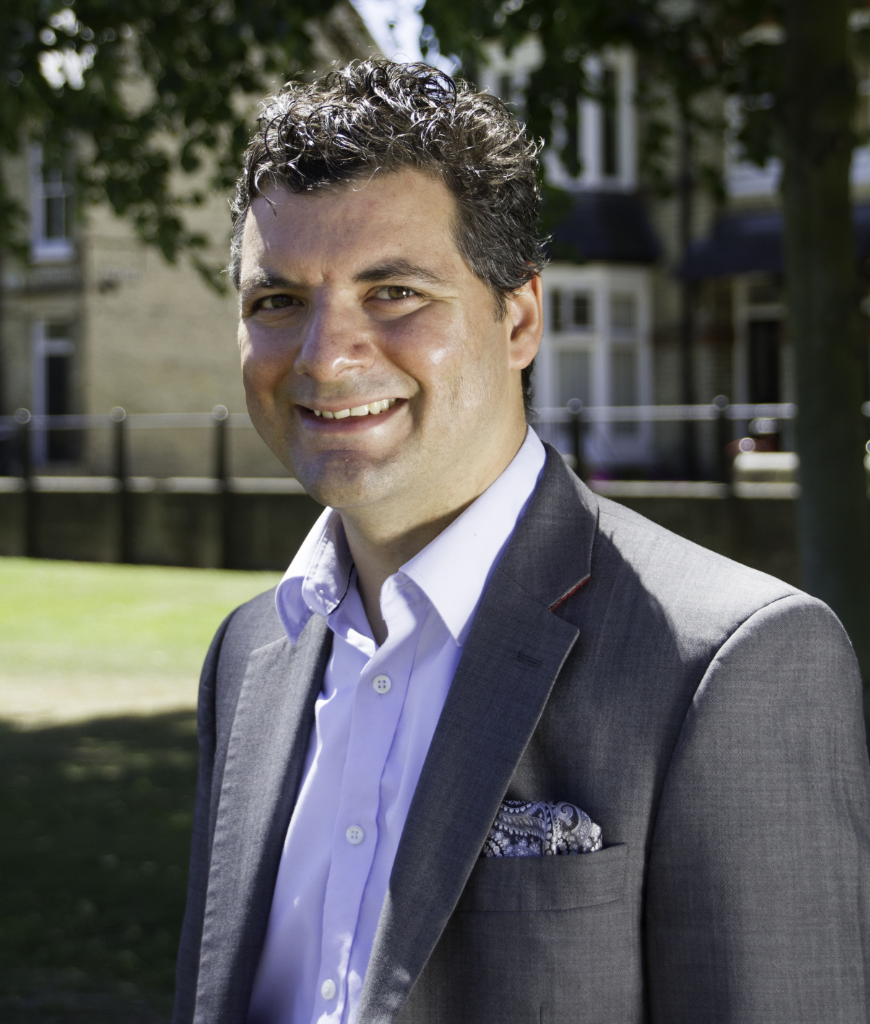

Based on 160+ client reviews
400
Over 400 solved cases with complete dedication

330 High Holborn, City of London - see offices
GigaLegal cares, prepares & wins
Book a consultation
With over 400 successfully resolved immigration and family law cases, GigaLegal is here to guide you, support you, and work toward the best possible outcome for you.
Legal Services
.jpg)
Business Immigration
Comprehensive, compliant, and strategic support for all your business immigration needs.
.jpg)
Private Immigration
Clear guidance on visas, settlement, and citizenship, tailored to your unique situation.
.jpg)
Family Law
Professional expertise with genuine compassion, here for your most personal matters.
.jpg)
Asylum Related
Trusted advice and support for asylum applications and appeals, every step of the way.
How we help?

Book a free telephone consultation
If we're a good fit, book a paid one
Receive a clear, transparent offer
Make the initial deposit
Sign the letter of authority
We begin working on your case
%201%20(1).jpg)
হ্যালো
नमस्ते
السلام علیکم
We speak your language
With over 400 resolved cases and 150+ five-star reviews, your chances are in trusted hands
We advise you on all aspects of immigration and family law with clarity and care
Get to know us better.png)

.png)
Sajib Hosen
PhD (Law)

We work relentlessly for you in the heart of London
GigaLegal Solicitors is an SRA-regulated law firm, fully committed to your best interests. Our experienced team is dedicated to protecting the rights and freedoms of every client we represent.
Meet the team.jpg)
.jpg)
Aldgate branch
Aldgate Tower, 2 Leman Street, London, E1 8FA
Mobile/WhatsApp
Dagenham branch
30 Church Street, London, RM10 9UR
.jpg)



.png)
%20(1).jpg)











.jpg)
.jpg)
.jpg)
.jpg)
.jpg)

.jpg)
.jpg)
.jpg)